Romania must be a state that faces its past openly, without reservations or detours and the role of the National Council for the Study of the Securitate Archives (CNSAS) remains fundamental for the study of recent history, President Nicusor Dan conveyed on Tuesday, inform Agerpres.
"Today, we mark 25 years since the moment that fundamentally changed the manner in which democratic Romania relates to its own past: the opening of the Securitate archives and the establishment of the National Council for the Study of the Securitate Archives. It was a major decision, delayed, but decisive for building a society in which historical truth is neither negotiated nor hidden. The CNSAS was created from the desire to provide free access to the files of the former Securitate, contributing to clarifying and taking responsibility for the totalitarian past, protecting the memory of the victims and facilitating research into historical events," Nicusor Dan said in a message delivered by Presidential Adviser Valentin-Sorin Costreie at the conference called "The CNSAS - 25 years since the opening of the Securitate archives. Romanian post-communism."
According to the head of state, "the CNSAS, together with partner institutions - the National Archives of Romania, academic institutions and those dedicated to the study of totalitarianism - have gradually become pillars in the effort to clarify abuses, control mechanisms and the traces they left on Romanian society."
He underscored that the opening of the archives, although still partial, has allowed citizens to learn the truth about the communist political police, methods of repression and the victims of the communist regime.
"Without access to documents, history remains based on assumptions and hypotheses. With access to documents and evidence, it can become knowledge, responsibility and institutional learning. The opening of the archives, still partial, was not only an act of transparency, but the start of a genuine state reform which allowed citizens to learn the truth about the functioning of the communist political police, the methods of repression used, but also about the victims of the communist regime. It has provided researchers with the documentary basis needed to explain the operation of the communist regime and given Romania the tools to ensure that collective memory does not rely on circumstantial interpretations, but on evidence," Nicusor Dan added.
The president believes that the Romanian state has a duty to allocate the necessary resources to the institutions managing the Romania's archives so that researchers have all the tools required to complete historical knowledge, and "very dangerous contemporary phenomena such as nostalgia for the totalitarian past can be countered."
"After a quarter of a century, the role of the CNSAS remains fundamental for the study of recent history. Historical truth does not lose its meaning over time. On the contrary, in a mature democratic society, it must be constantly brought to public attention - in schools, in culture, in the civic space. The archives and the institutions that manage them or study totalitarianism are part of Romania's democratic infrastructure, just like Parliament, the justice system or the free press. Protecting and professionalising them are conditions for a society that faces its past without ambiguity," President Nicusor Dan said in the message.
He thanked "all those who, over these 25 years, have worked with discretion, rigor and sometimes against administrative inertia to ensure that the documents are public, organised, researchable and accessible."
"The progress registered in recent years deserves to be highlighted. I hope it will not stop here. This is very important work, even vital for a democratic society. (...) Romania must be a state that faces its past openly, without reservations or detours. Understanding and taking responsibility for our recent history represents a condition for the maturation of the Romanian democracy. The CNSAS is part of this national duty. And the fact that this institution operates transparently, with public and international partners and with recognised results, is a real democratic gain that must be maintained and strengthened at all costs," the president added.

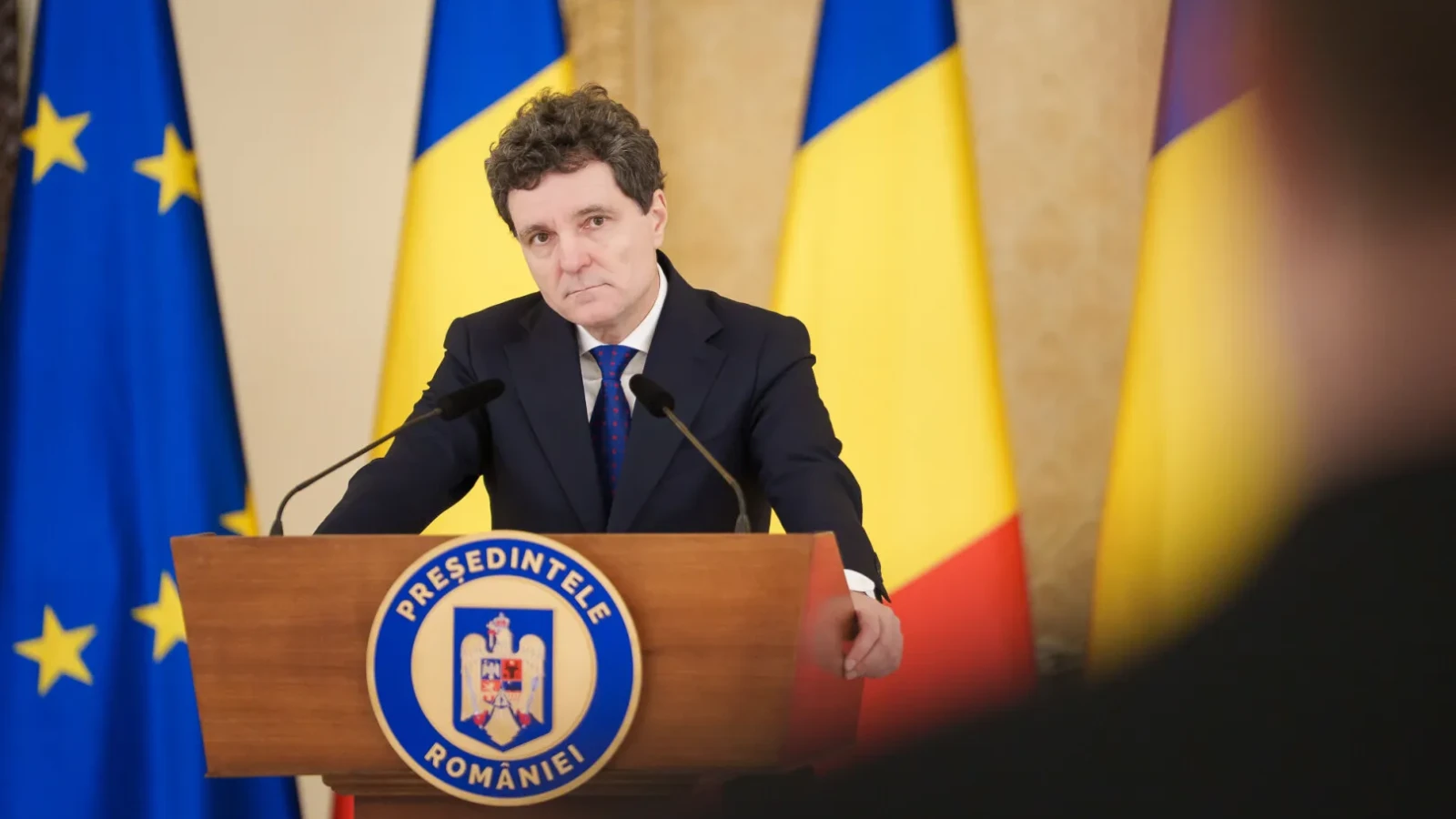



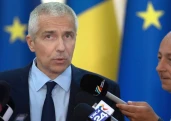



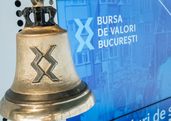

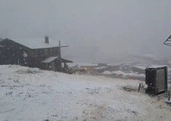


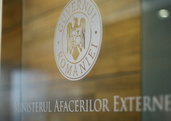
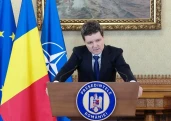
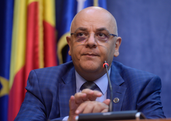
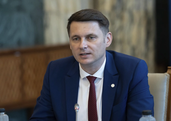




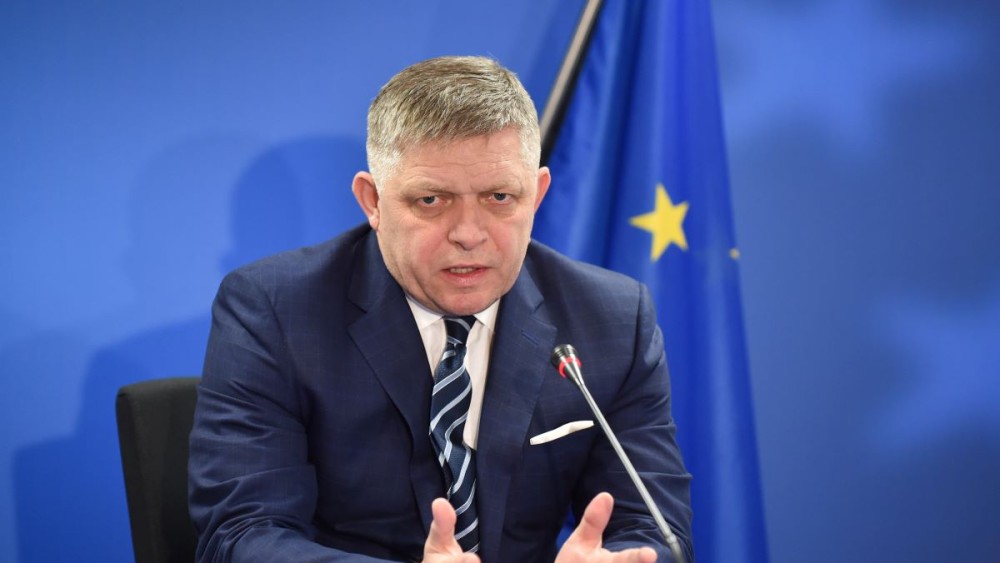
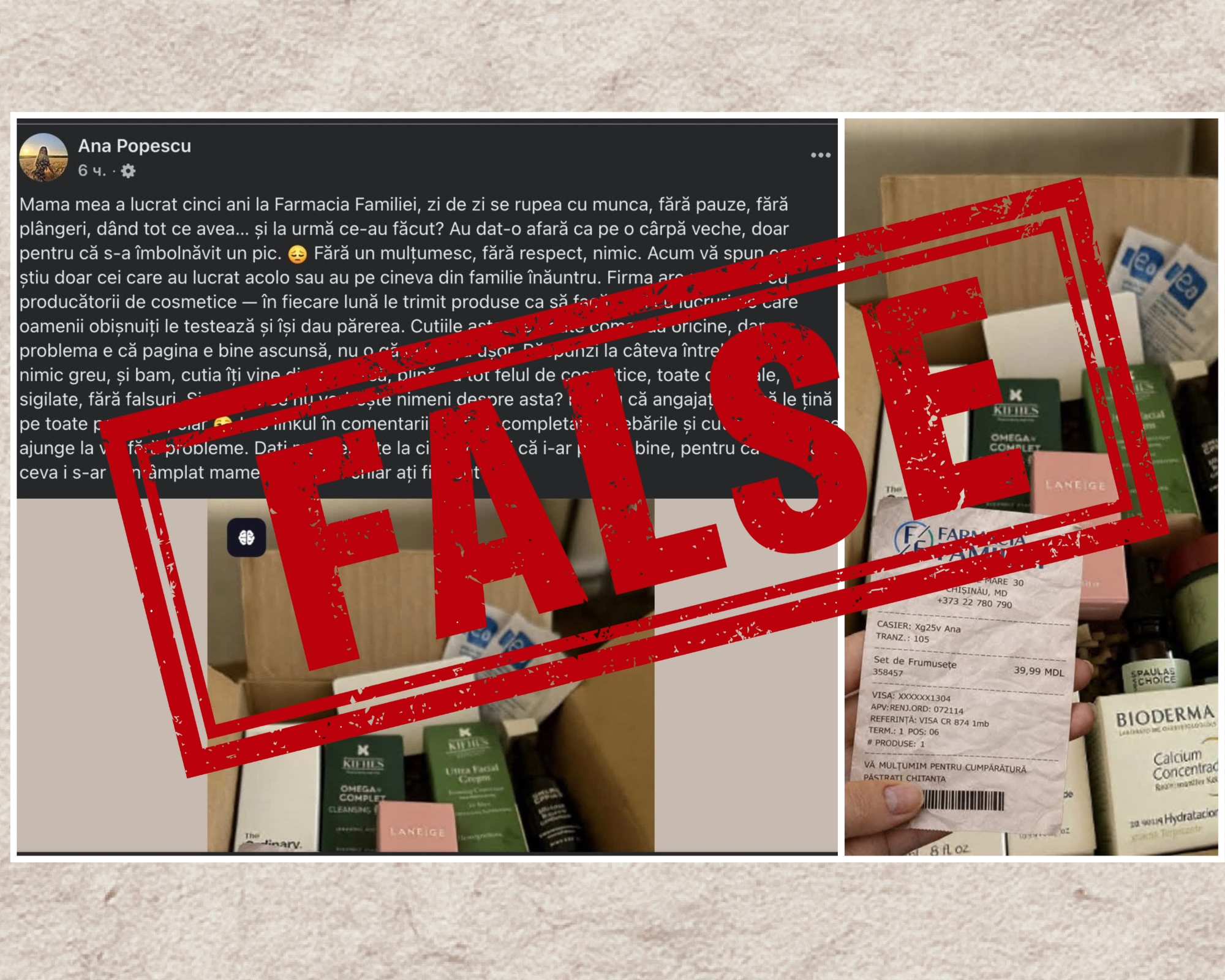








Comentează